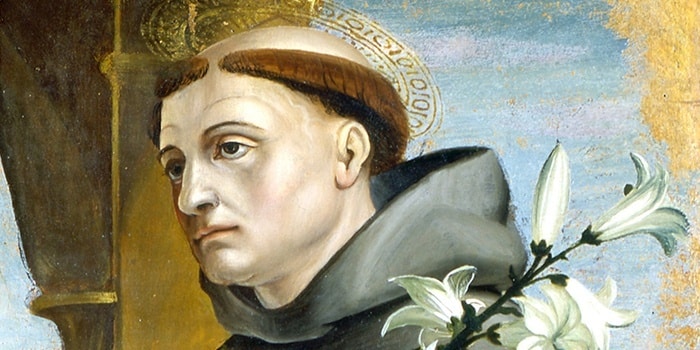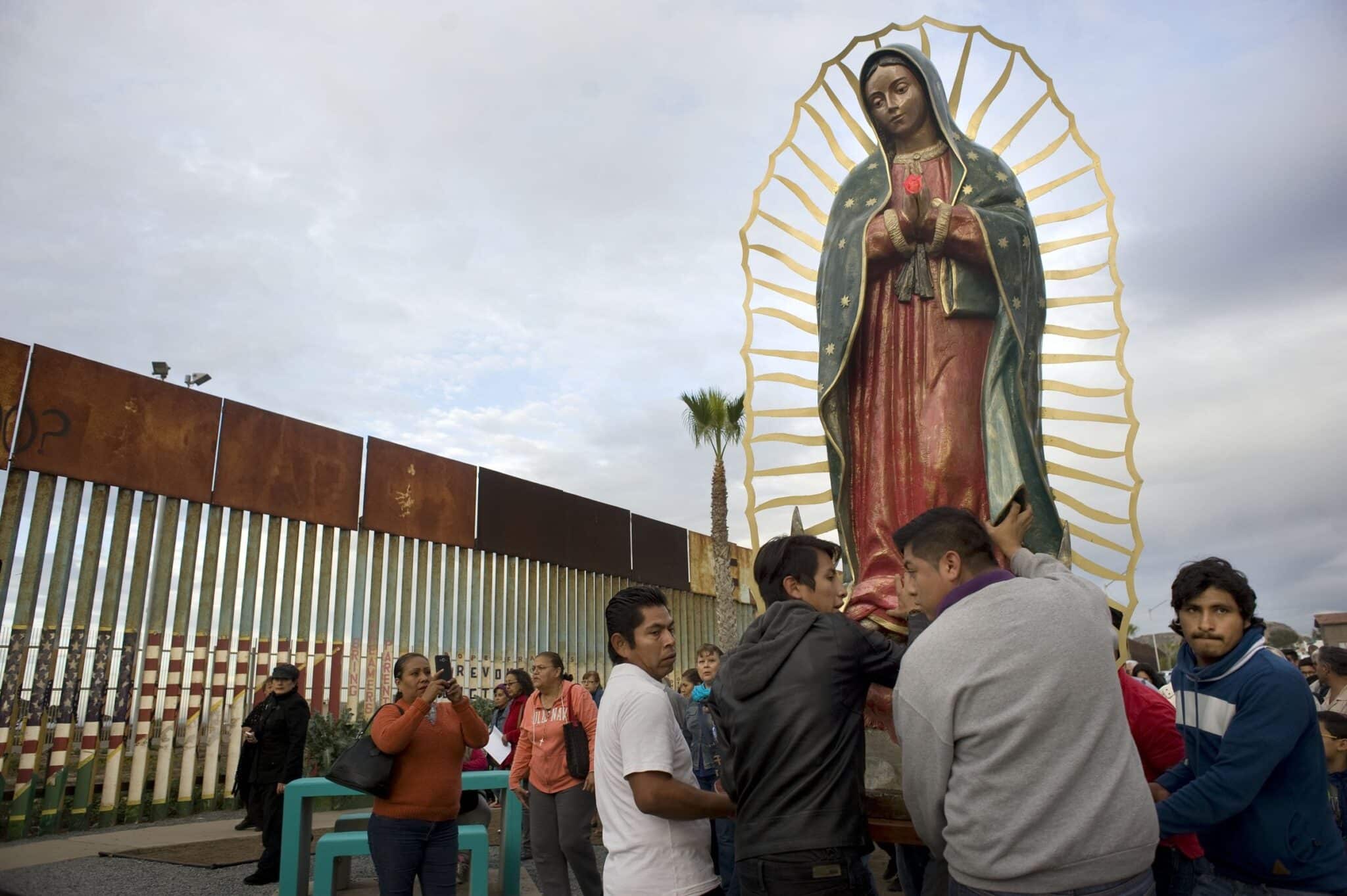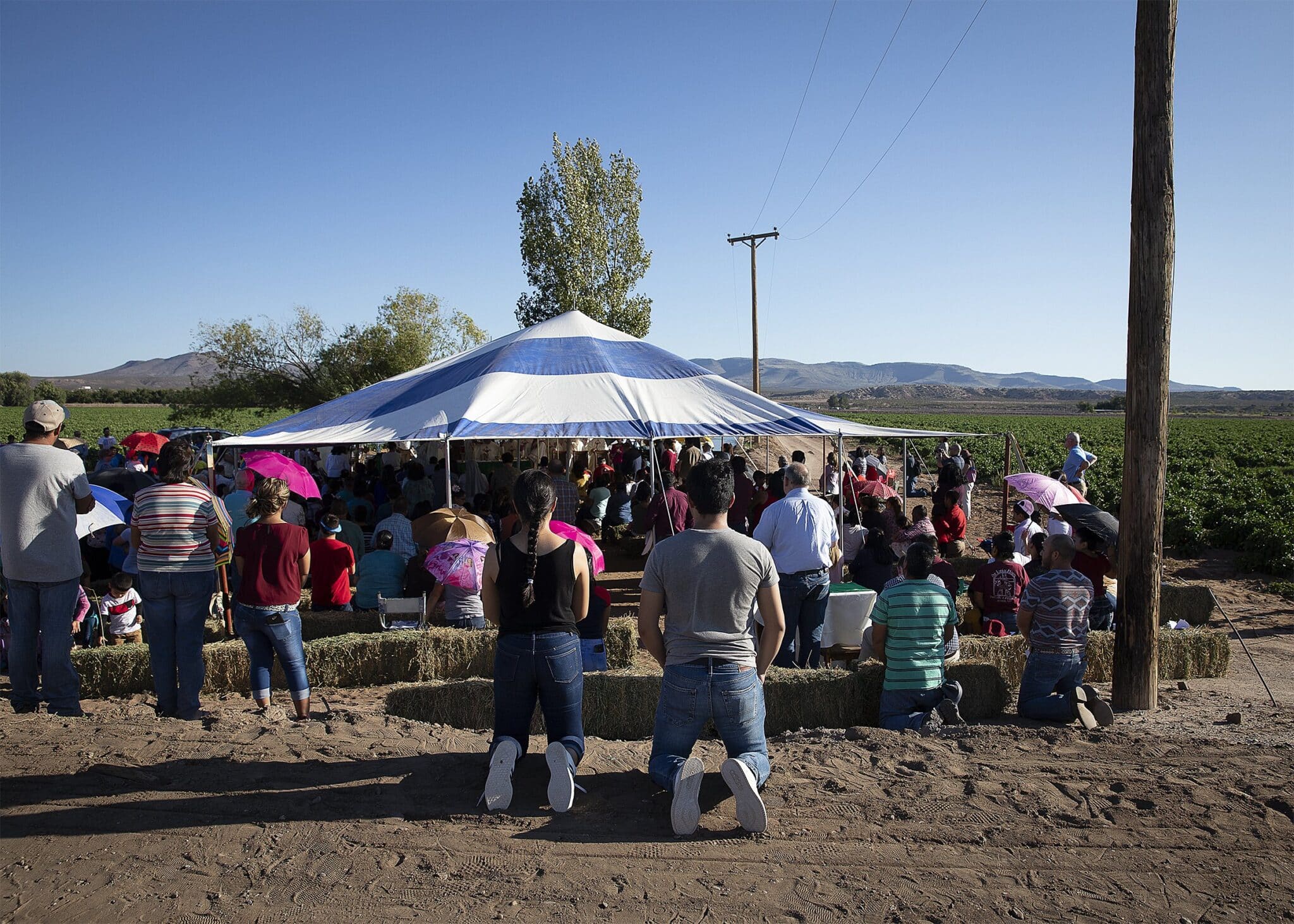St. Anthony of Padua (1195-1231) was a Franciscan friar who spent a number of years as a traveling preacher. Besides preaching in many parts of Italy, Anthony also spent a year or two preaching in southern France. There, just as in Italy, St. Anthony ran into Christians who had begun to follow into the Albigensian heresy. The Albigensians got their name from their place of origin, namely Albi, a city in France.
Who Were the Albigensians?
The Albigensians, who were quite puritanical in their outlook, believed that God had created only the spiritual world, while the devil was responsible for the material world. Consequently, the Albigensians viewed the spiritual world as good and the material world as evil. According to their logic, moreover, Jesus could have had no real material body, because all matter was the product of the devil.
The Albigensians believed that only the soul was created by God. In their eyes, Jesus could have only a make-believe body. This anti-material attitude of the Albigensians also showed up in their negative view of the sacraments. Catholics had a totally different view: They admired the material aspects of the sacraments, which they viewed as wonderful vehicles of grace. In Catholic teaching, the water of baptism, the oil of anointing, the bread and wine of the Eucharist and the consummation of married love were seen as good—and as sources of grace.
In his preaching, St. Anthony tried to correct the errors of the Albigensians. As already noted, they denied the goodness of Christ’s body, considering it only an illusion. In one of his sermons, Anthony affirms, “Upon the altar, there takes place the transubstantiation of the bread and wine into the Flesh and Blood of Jesus Christ. That Body—which the Virgin begot, which hung upon the Cross and was placed in the sepulcher and rose again on the third day—the Church distributes to the faithful. When the priest speaks the words: ‘This is my Body,’ the essence of the bread is changed into the Body of Christ.” Anthony was saying, in effect, that the body of Christ was real and that it was good!
Given their puritanical perspective, of course, the Albigensians would not have liked St. Anthony’s sermon at all. They were bent on convincing their followers of the sinfulness of the human body.
St. Anthony and St. Francis
It seems obvious to me that Anthony, in his preaching, was just being a good Franciscan. As a follower of St. Francis, Anthony clearly saw that the attitudes of St. Francis were directly opposed to those taught by the Albigensians. St. Francis saw the goodness of God in the material world and in the human body, which God had created. St. Francis also saw this goodness in the sacraments of the Catholic Church. Francis saw God’s beauty, moreover, reflected in the material world we call “mother earth,” with all of its wonderful flowers and trees and rivers. In his “Canticle of Brother Sun,” St. Francis praised God in and through all the material creatures!
St. Anthony, like St. Francis, would want us always to keep in mind the basic goodness of our bodies and of the material world.







